Did you know, that on average, each person in the UK buys almost three new electrical items each year? But what happens to these items when they aren’t used anymore?
The way mobile phones are used today is much more different than 15 years ago. Advancements in technology, and in particular, advancements related to telecommunication gadgets have changed our everyday lives.
Today there are more than 5 billion mobile phone users in the world and more than half of them are smartphone users. People in advanced economies are more likely to own a smartphone. For instance, 76% of users in advanced economies use smartphones whereas only 45% of mobile users in emerging economies use smartphones. As stated earlier, the number of mobile phone users are at almost 5 billion but the mobile phones still out there are more than 7.6 million, which means there are more than 2.6 billion mobile phones which need to be recycled. The number of mobile phones which need to be recycled is rising at an alarming rate, and one of the most prominent reasons for the number of devices increasing is the fact that the product life cycle of mobile phones is getting shorter every year passing by. It’s not just the physical attributes of a mobile phone which play their role in shortening the product life cycle of a mobile phone either, it is heavily impacted by software to ensure security, reliability and continuity. There are other reasons to take into consideration:
- Up until November 2018, Apple has managed to sell more than 2.2 billion iPhones worldwide.
- There are more 7.6 mobile phones in the world, a few hundred million more than the world’s population.
- Every smartphone contains a small quantity of gold and silver along with other precious metals.
According to a mobile phone recycling company based in the UK, there are a few main reasons which contribute towards the lower number of devices being recycled each year:
- Smartphone users are scared to sell their device as they do not want their data to fall into the wrong hands. Despite all major manufacturers offering a very secure reset option. The factory reset option deletes everything from the mobile phone and makes it impossible for the information to be retrieved.
- Some users find it difficult to perform a reset if the screen is broken and they can’t log into the mobile phone. However, it’s much easier to do if you use iCloud for iPhone or Samsung backup for Samsung mobile phones.
- Many users also underestimate the value their mobile phone holds even if it’s broken. So, they end up leaving their mobile phone in a drawer rather than sending it off for recycling.
The importance of recycling old mobile phones:
A staggering amount of electrical items are purchased by consumers each year and only a small proportion, particularly small items such as mobile phones, are recycled.
Recycling or reusing old mobile phones can significantly help to save the environment by creating safer conditions, saving energy, reducing the need for raw materials, and keeping materials which can be reused out of landfill.
While mobile phones are non-biodegradable devices, they do contain a vast range of materials which can be separated for recycling or used in new products. This process ultimately saves resources and energy and helps to reduce pollution from wastes secreted by industries that process raw materials.
How can I recycle my old mobile phone?
You may be finished with your device, but chances are it still has more to give. From selling your device online to sending it off to be repaired, there are several things you can do to recycle your old mobile phone. Regardless of what you do, just make sure you don’t chuck it in the bin! Depending on the age and condition of your phone you can choose from the following options when you decide to pass it on. Here are 5 things you can do to recycle your old mobile phone:
1: Sell your mobile phone online
Selling your mobile phone via online platforms such as eBay or Facebook Marketplace are great ways to pass on your device. However, selling your device on either of these sites can become complicated as people expect some sort of guarantee, especially on a product which can easily be blocked if reported stolen or lost. The majority of buyers may be sceptical that the product is working fine and this can negatively impact the selling price. Taken into consideration with listing fees, and you could amount to making less money than you first hoped to.
2: Pass your phone on to a friend or family member
Passing your mobile phone on to a friend or family member is the most hassle-free and economical way to sell your device, and if your mobile phone is in good condition it’s much easier to find someone who will take it off your hands. Whether you pass it on to them for free or sell it on for a price, it’s a win-win situation. There are no insertion fees and commissions involved and there are also no delivery costs to pay.
3: Trade-in your device
When you buy a new mobile phone from a mobile phone provider, they will often offer you the option to trade-in your old mobile phone. Typically, if you trade in your old phone, your provider will offer you credit towards your next purchase. For example, tech giant Apple offers its customers the option to trade-in their eligible device for credit toward their next purchase or towards an Apple store gift card. If your device isn’t eligible for credit, the company will recycle it for free.
No matter the phone or condition, mobile phone providers can help to move your device on to the next stage of its lifecycle, all whilst doing something good for the planet. Next time you are on the high-street it’s worth popping into a mobile phone shop to see what recycling or trade-in services they provide.
4: Sell your phone to a mobile phone recycling company
Selling mobile phones online to a mobile phone recycling company is much easier than all of the above options. Though, it’s important to note that the price you get might not be what you would receive from a direct sale to the customer. Cutting middlemen always helps in saving money. However, the advantage is that most of mobile phone recycling companies offer free postage and they even buy broken phones. It’s completely hassle-free as you do not have to worry about offering any sort of warranty, commissions and delivery costs. Most importantly, you know your phone won’t end up in landfill and become hazardous to the environment.
5: Recycle your phone with charity
Passing your old mobile phones to charity is a great way to recycle your device whilst giving back to the community. Whether they are working or not, numerous charities will accept mobile phones as they have partnered with phone recycling companies as a way to help generate valuable funds.
Oxfam, for example, offers a recycling project where owners can donate their old mobile phone and in turn, the charity will raise cash from every phone recycled to buy vital kit, such as water tanks and school books. If the phone is a dud they will be passed on to specialist recyclers. Recycling your old phone with a charity is easy, great for the environment, and won’t cost you anything.
Whichever option you choose, every mobile phone which is not being used must be recycled appropriately rather than reaching a landfill. We all have a responsibility towards our environment and should play our part to make sure we leave this world for our next generations at least in the same state as our forefathers left it to us, if not better.
So remember, the next time you get a new phone, don’t disregard your old one or throw it in the bin. Instead, consider either recycling or reusing it for a better cause.
Already recycled your old mobile phone and invested in a new one? Head to our website now to view the best accessories for mobile.


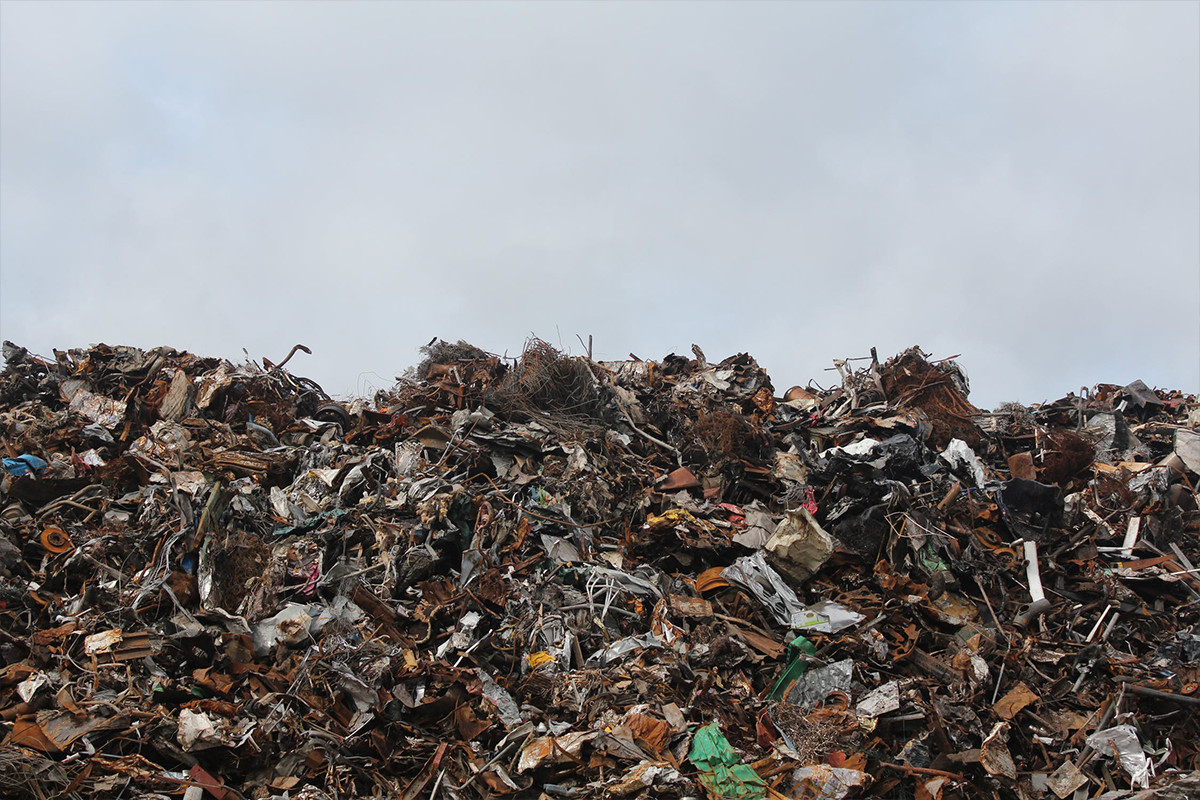
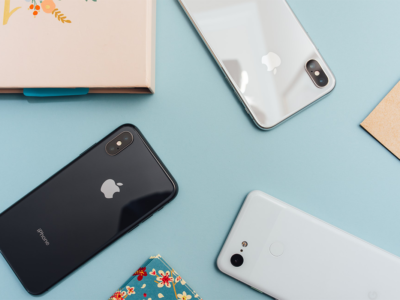

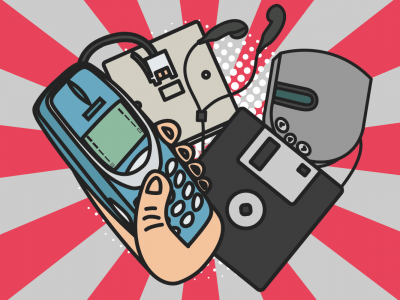

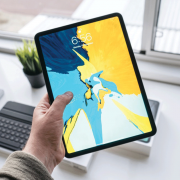




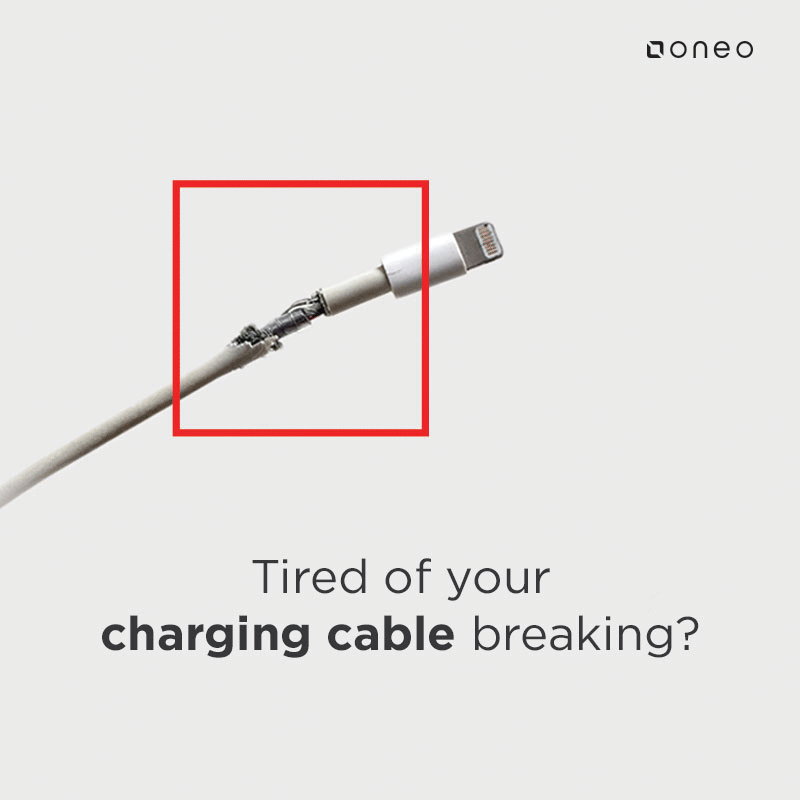



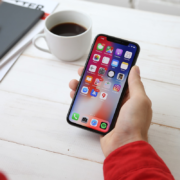
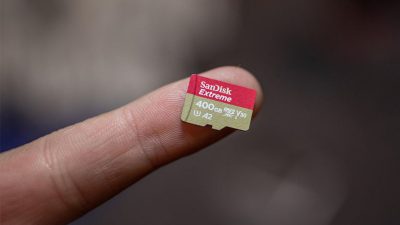

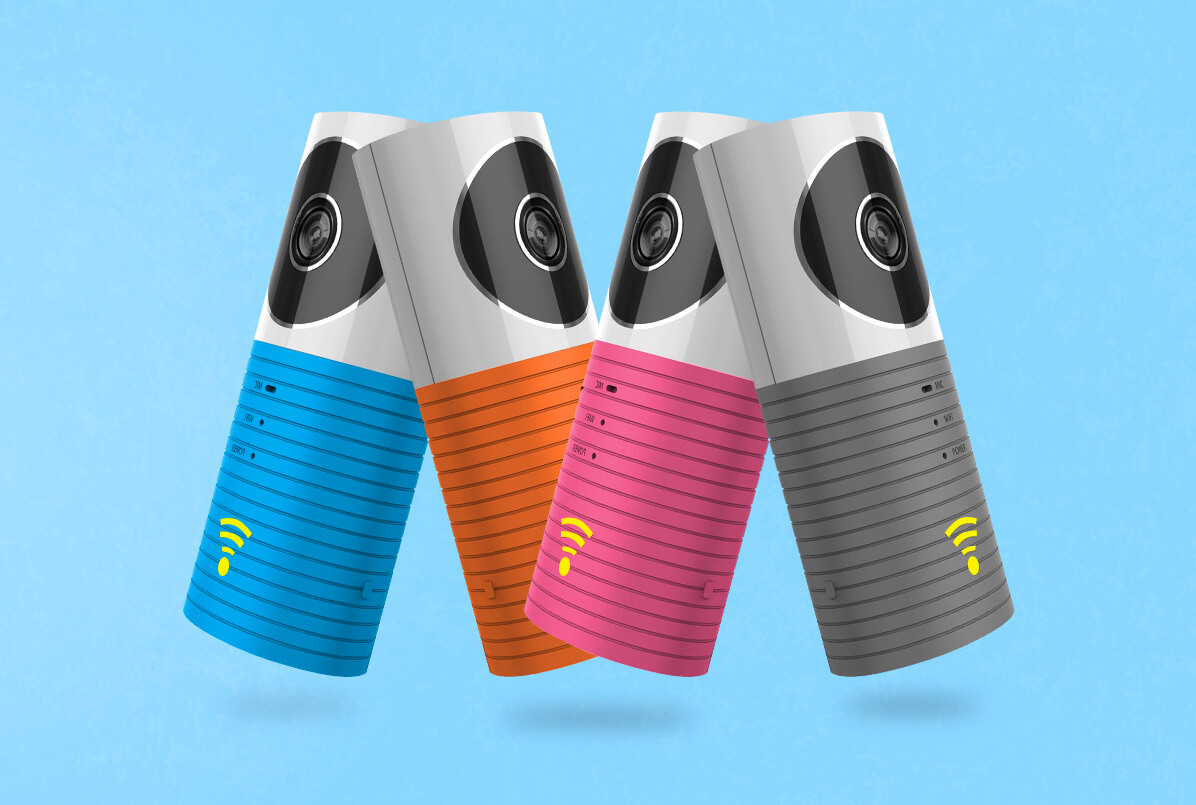
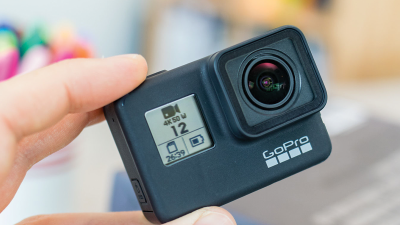
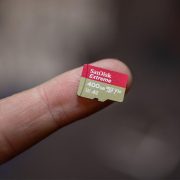


Comments